US-Pakistan ties enter new phase after Trump-Munir talks in Washington
Kamran Khan says the cordial Trump-Munir talks reflect growing strategic trust
News Desk
The News Desk provides timely and factual coverage of national and international events, with an emphasis on accuracy and clarity.
U.S. President Donald Trump hosted Pakistan’s Army Chief Field Marshal Syed Asim Munir for what officials described as a “historic and extraordinary” two-hour meeting at the White House, focusing on the escalating Iran-Israel conflict, regional geopolitics, and a potential reset in U.S.-Pakistan relations.
According to military’s media wing, ISPR, the meeting was initially scheduled for one hour but extended well beyond that due to the depth of discussions and warm atmosphere.
Top national security officials from both sides attended the meeting, underscoring its significance.
Discussions covered a wide range of topics including the war between Iran and Israel, the fragile ceasefire with India, and regional geo-economic developments.
The leaders also explored opportunities for cooperation in emerging sectors such as artificial intelligence, cryptocurrency, energy, minerals, technology, and bilateral trade.
The ISPR noted the extended duration of the meeting reflected “a deep mutual dialogue and extraordinary cordiality.”
Diplomatic sources from both countries say the meeting may define new directions for a strategic and economic reset between Islamabad and Washington. But the summit also raised critical questions: Was this just a signal of strategic trust or a deeper alignment? What did Pakistan offer, and what does the U.S. expect in return? Is this a lasting strategic shift or merely a response to the region’s current instability?
President Trump, speaking to the media after the meeting, called it “an honor” to host Munir and expressed gratitude for Pakistan’s role in diffusing recent military tensions with India.
“I invited him to thank Pakistan for helping stop a war,” Trump said, referencing the recent flare-up between India and Pakistan, in which Islamabad achieved military success and New Delhi backed down from escalation.
When asked whether Iran and Israel were part of the discussion, Trump responded, “Pakistan’s army chief knows both Iran and Israel very well — in fact, I think he understands Iran better than most others.”
The meeting took place as the Iran-Israel war entered its second week, with no signs of retreat from either side. Iran’s Supreme Leader Ayatollah Ali Khamenei has refused to back down, and speculation is mounting in U.S. media over whether Trump might eventually drag the U.S. into the conflict.
However, public opinion remains firmly against such a move. A recent CNN-YouGov poll shows that 65% of Democrats, 61% of independents, and even 53% of Trump’s own Republican base oppose U.S. military involvement. Only 16% of Americans support joining the war.
This broad opposition may have already constrained any ambitions Trump had of launching airstrikes on Iranian nuclear targets, a move he reportedly believed could solidify his legacy.
Amid these developments, a glimmer of diplomacy is emerging. Foreign ministers from the U.K., France, and Germany are scheduled to meet in Geneva on Friday to discuss Iran’s nuclear program. Britain’s Foreign Secretary David Lammy will visit Washington beforehand to coordinate with the U.S. on a final negotiating position.
Meanwhile, the United Nations Security Council will convene at Iran’s request, backed by countries including Pakistan, China, Russia, and Algeria, to discuss the war and its implications.
For now, the Trump-Munir meeting has sparked intense scrutiny across global diplomatic circles. It comes at a moment when Pakistan finds itself in a uniquely strategic position.
Whether this new chapter in U.S.-Pakistan relations leads to enduring strategic cooperation or remains a fleeting wartime alignment remains to be seen.
History, as Kamran Khan noted in his vlog, will ultimately deliver the verdict.


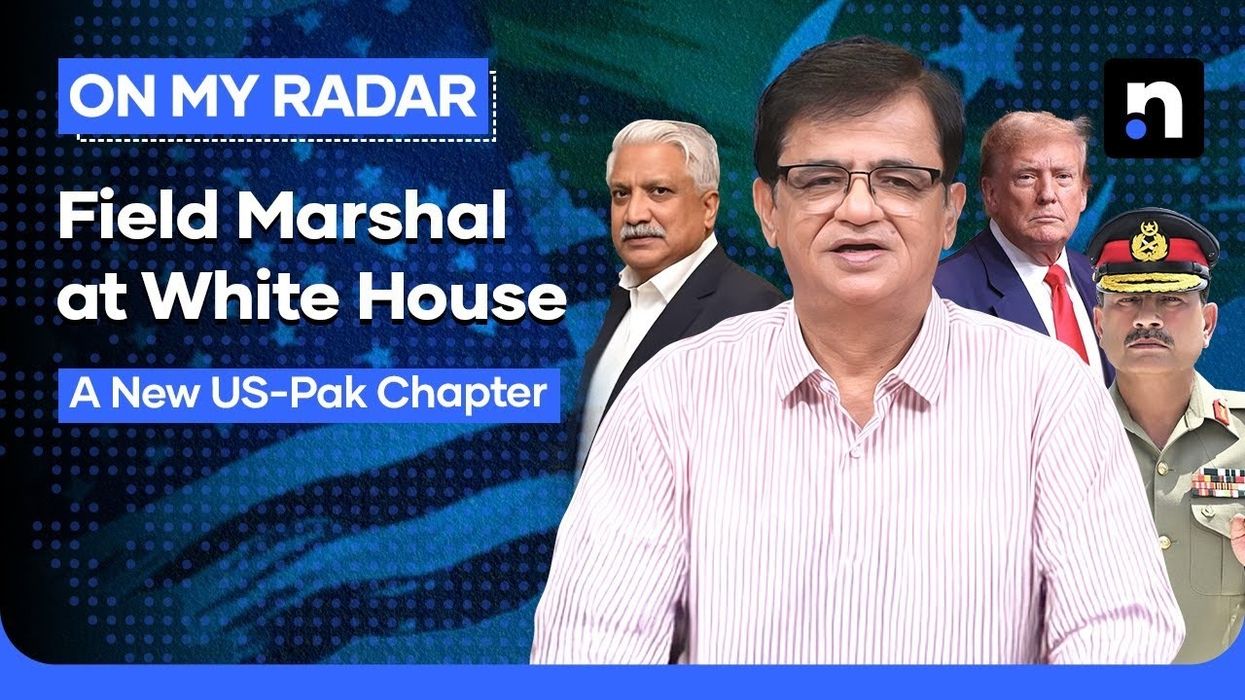
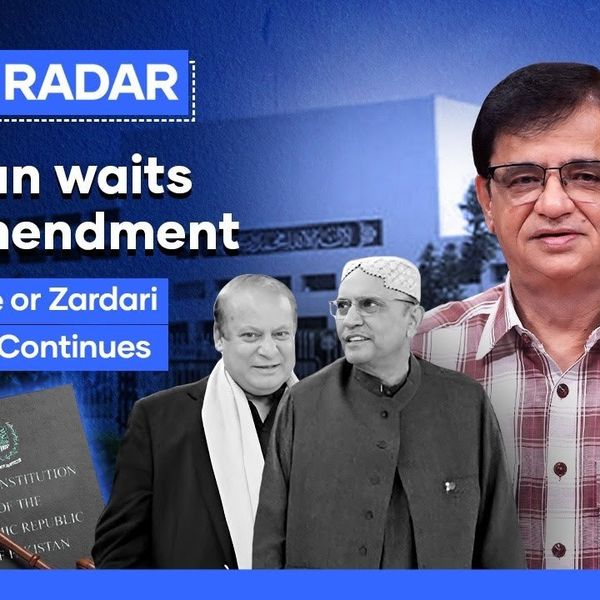
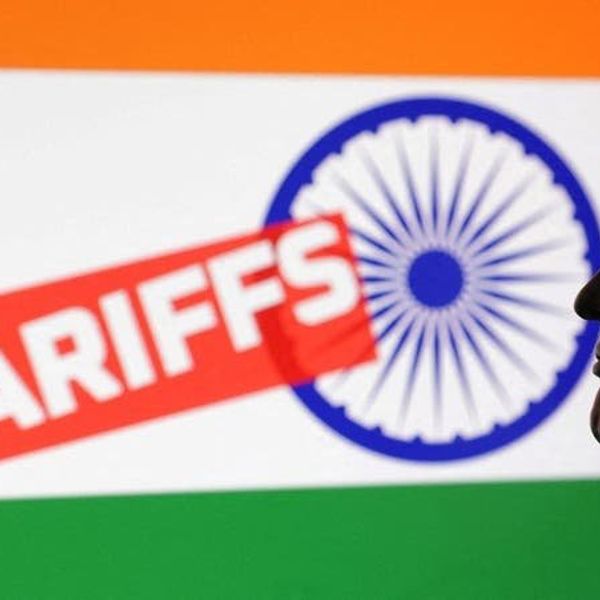
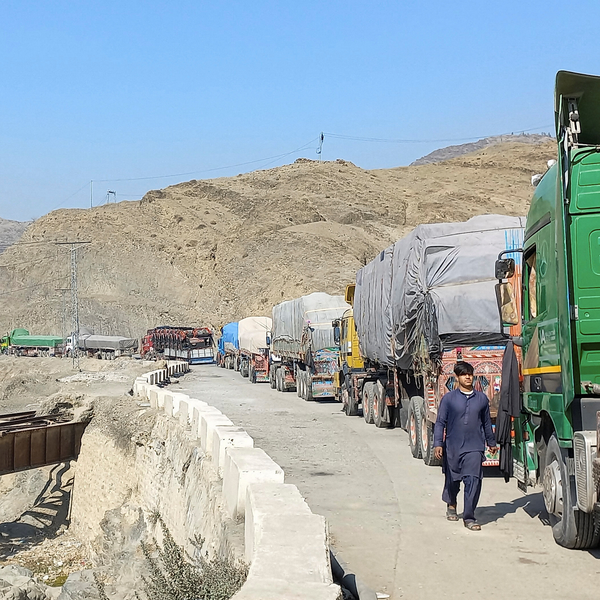
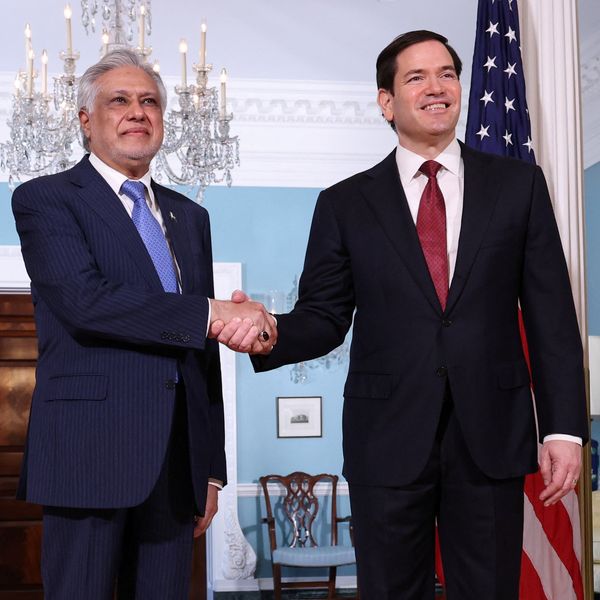




Comments
See what people are discussing